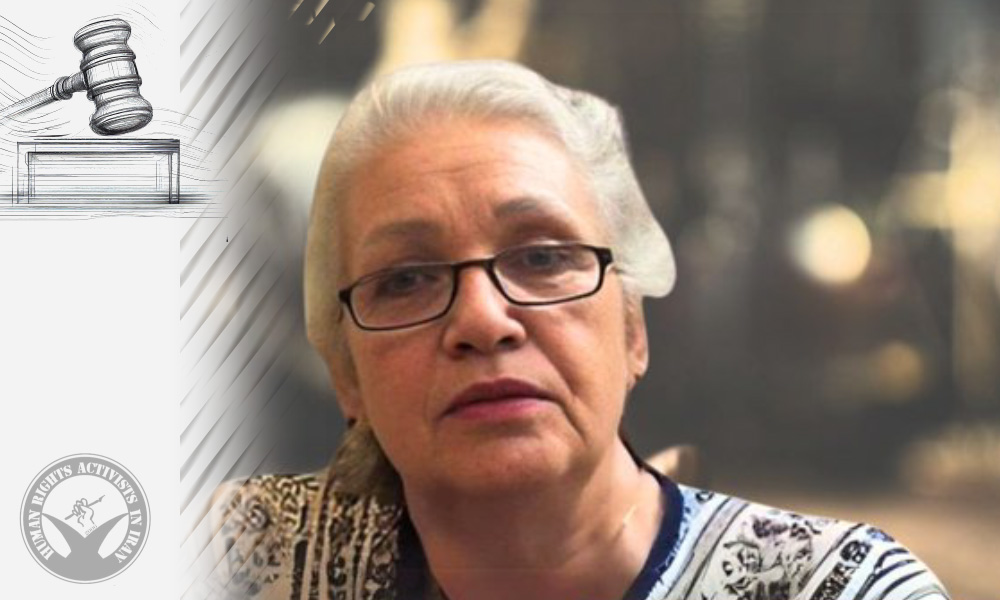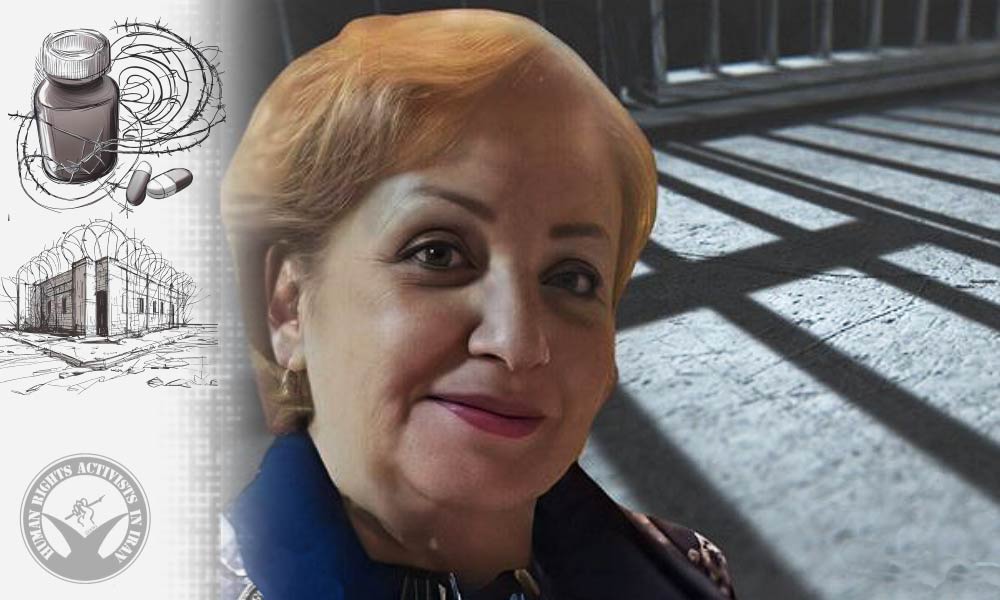HRANA – Repeated Deaths in Qarchak Varamin Prison Amid Medical Neglect and Lack of Treatment Facilities
Systematic violations of prisoners’ rights in Qarchak Varamin Prison, particularly the denial of medical care, continue to result in fatalities. Inadequate access to health services and delays in transferring prisoners to hospitals remain among the most critical issues, repeatedly leading to preventable deaths.
In the most recent case, Somayeh Rashidi, a political detainee, died yesterday after prison doctors misdiagnosed her condition and failed to transfer her to a hospital in time. On Tuesday, September 16, she was eventually taken to Mofatteh Hospital in Varamin after her health deteriorated. By then, her level of consciousness was critically low, and doctors described her condition as beyond recovery.
Less than a week earlier, on Friday, September 19, Jamileh Azizi, a prisoner convicted of financial charges, also died following medical neglect. She was taken to the prison infirmary with symptoms of a heart attack. Despite clear warning signs, doctors dismissed her condition and sent her back to her ward, where she soon died in Moshar 2.
Today, HRANA also confirmed the death of Sudabeh Asadi, another prisoner held on financial charges, further underscoring the lethal consequences of medical deprivation in this facility.
A former staff member of Qarchak told HRANA:
“One of the prison’s most serious problems is poor medical care. The infirmary doesn’t even have a blood pressure monitor. Oxygen tanks are often empty, the ECG machine is broken, and no defibrillator is available. Transfers to hospitals face complicated procedures and are frequently blocked.”
He continued:
“Medical diagnoses are often incorrect, and prisoners are regularly accused of faking illness. Medicine is in short supply—sometimes a single bottle of syrup is given to all prisoners with a common cold. Because of overcrowding, each prisoner is allowed only one infirmary visit per month. Even basic equipment such as stretchers and wheelchairs is missing, severely limiting urgent care.”
A prisoner recently told family members about the behavior of medical staff:
“When we go to the infirmary, not only are we not properly examined, but we’re insulted with comments like, ‘You’re not dead yet,’ ‘Why do you keep coming here?’ and ‘I wish you’d die sooner.’”
According to HRANA’s information, several political prisoners—including Raheleh Rahemipour, Parvin Mirasan, Maryam Akbari Monfared, Marziyeh Farsi, and Shiva Esmaeili—suffer from multiple health problems. The number of non-political prisoners facing similar conditions remains unknown, though investigations are ongoing.
Qarchak Varamin Prison holds at least 1,000 inmates. A former employee told HRANA:
“The prison has at least 11 wards. Political prisoners are held in quarantine, financial prisoners and sick detainees in Moshar 2, and foreign nationals are housed among other prisoners depending on their charges.”
Additional concerns include frequent power and water outages, lack of cooling systems that contribute to widespread skin diseases, broken bathroom facilities that force inmates to queue for long periods, and failed ventilation that worsens already poor hygiene.
Food quality is another major issue. A relative of one inmate explained:
“Meals for prisoners convicted of general crimes are both smaller and of lower quality than those for others. If chicken is on the menu, they only get a few shredded scraps floating in broth—no real pieces of chicken in the stew.”
Following Israeli strikes on Evin Prison, HRANA reported the large-scale transfer of female political prisoners from Evin to Qarchak. Since then, those placed in Ward 11 (formerly the quarantine ward) have faced severe overcrowding, lack of ventilation, shortages of essential items, and discriminatory treatment by officials—conditions that families continue to raise concerns about, but which remain unresolved.









